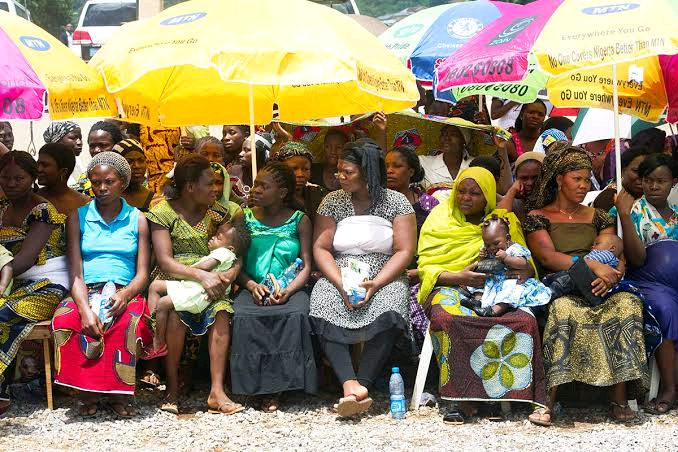Communal Conflicts in Nigeria
Communal conflicts in Nigeria can be divided into two broad categories:
- Ethno-religious conflicts: These involve actors divided primarily by cultural, ethnic, or religious identities, such as Christian-Muslim violence.
- Herder–farmer conflicts: These are disputes over land or cattle, typically between Fulani and Hausa herders and Adara, Berom, Tiv, and Tarok farmers.
The most impacted states are in the Middle Belt — notably Benue, Taraba, and Plateau. Peaks of violence occurred in 2004 and 2011, with around 2,000 fatalities each year. In 2015, over 700 deaths were recorded.
Causes
Climate change has played a major role in the migration of Fulani herdsmen. Africa, one of the continents most affected by climate change, experiences:
- Desertification
- Droughts (e.g., evaporation of Lake Chad)
- Sandstorms
- Pollution
- Livestock diseases
These "push" factors drive the Fulani, also called the Bororos, southwards seeking:
- Better vegetation
- Improved weather
- Market opportunities
Herder–Farmer Conflicts
Since the founding of the Fourth Nigerian Republic in 1999, herder–farmer violence has:
- Killed thousands
- Displaced tens of thousands
Communities have formed self-defence forces and ethnic militias, worsening the situation.
Most clashes occur between Muslim Fulani herdsmen and Christian farmers, escalating ethnoreligious hostilities.
Historical Background
- In the 18th century, the Fulani migrated into Southwest Nigeria in three groups: Bangu, Sokoto, and Bororo.
- The Bangu and Sokoto Fulani integrated with the Yoruba, establishing trade in cattle by-products and agriculture.
- The Bororo Fulani remained separate, did not speak Yoruba, and were seen as more aggressive.
As they migrated:
- Their cattle damaged crops, especially after being expelled from Oyo and resettling in Iseyin (1998).
- Earlier, in 1804, a Holy War divided the Fulani into:
- Settled, Muslim Fulani (who integrated with Hausas)
- Pastoral Bororo Fulani (isolated, non-assimilated)
From 2011 to 2016, around 2,000 people were killed, with thousands displaced, partly due to the influence of groups like Boko Haram.
In July 2023, violence in Plateau State caused:
- Over 300 deaths
- 80,000 people displaced
The Nigerian military increased security in response.
Abet Fulani Herders
- The Abet or Kachichere Fulani migrated to the Abet region in the 18th century.
- They typically reside in an area for 3–5 years, grazing herds within a 3-mile radius.
- They prefer open lands during the dry season (cow fertility peak and high milk production).
- Land rights are often distributed by village chiefs through customary law.
Other Examples
Other ethnic and communal conflicts in Nigeria include:
- Yoruba-Hausa riots in Lagos
- 1966 Igbo massacres
- Itsekiri–Ijaw clashes in Delta State
- Ile-Ife vs. Modakeke in the late 1990s
- Communal conflict in Ebonyi State (2011)
See Also
References
- President Buhari appoints Oluwatoyin Sakirat Madein as new Accountant General of the Federation, AGF
- Stop this massacre, Agatu Community begs NSA, IG
Suggested Reading
Maier, Karl (2002). This House Has Fallen: Nigeria in Crisis. Basic Books. ISBN: 0813340454
External Links
- Communal Conflicts in Nigeria(#)
- Nigeria Security Tracker(#)
- ACLED Data (Archived)(https://web.archive.org/web/20150522055126/https://www.acleddata.com/)
